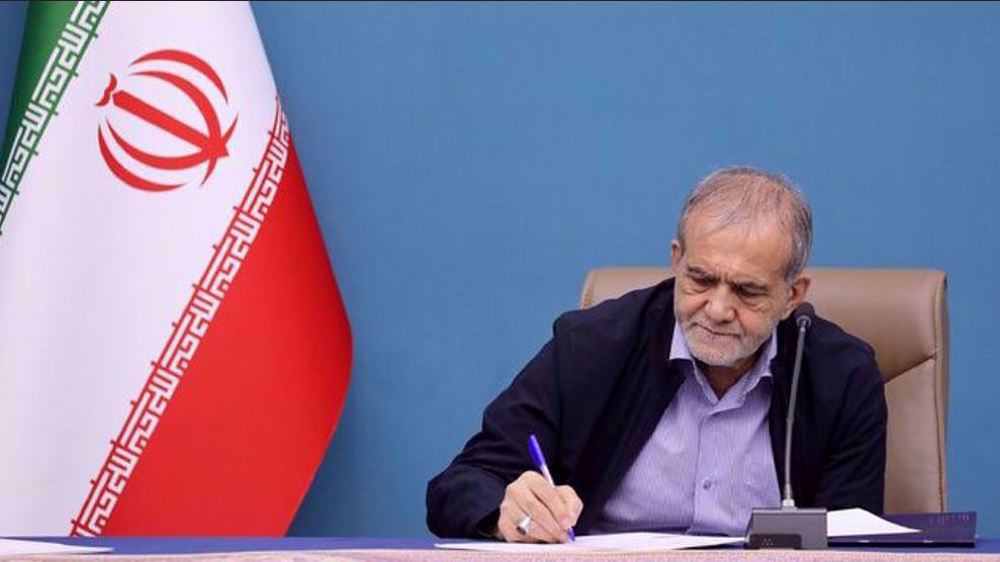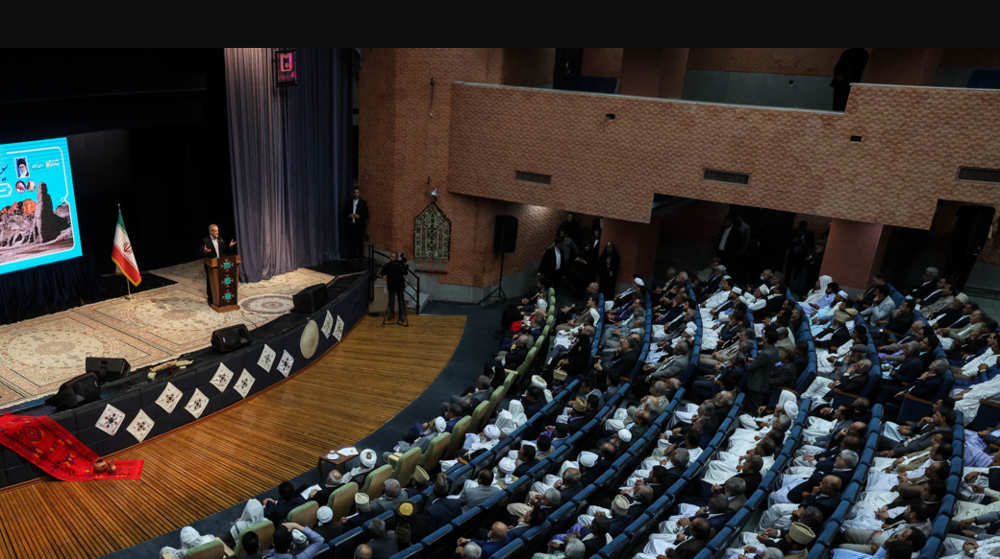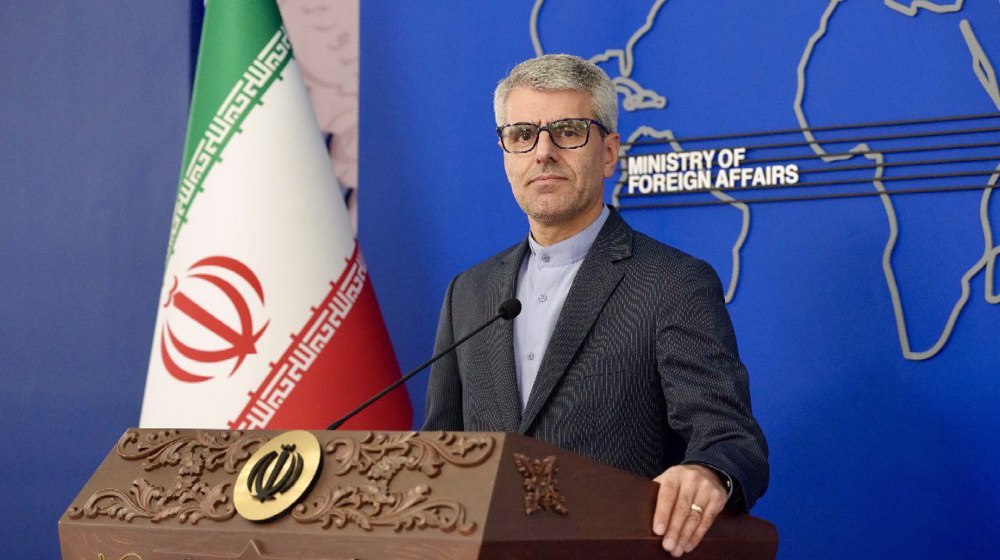3rd round of Iran’s nuclear response to JCPOA violations to be more decisive: Foreign Ministry
Iran has warned that if European parties to the 2015 nuclear agreement fail to meet their commitments under the deal, Tehran will further, and this time more decisively, reduce its nuclear obligations.
“The third step will be heavier than the first and second ones so it can strike a balance between the Islamic Republic’s rights and obligations in the JCPOA,” Ministry spokesman Abbas Mousavi told the Islamic Republic of Iran Broadcasting News Agency.
The JCPOA stands for the Joint Comprehensive Plan of Action as the nuclear deal is officially called. Mousavi said the third round of Iran's response has already been devised and is implementable.
Iran initiated a first round of nuclear countermeasures in May, in reaction to the United States' withdrawal from the JCPOA a little over a year ago.
The Iranian move was aimed at prompting the deal’s European signatories to live up to the commitment they have undertaken under the deal to satisfy Iran’s business interests.
As a first step, Iran increased its enriched uranium stockpile to beyond the 300-kilogram cap set by the agreement.
The Islamic Republic took the second step two months later, which saw it begin enrichment of uranium to purity rates beyond the JCPOA limit of 3.76 percent.
Mousavi said Iran was enacting the responses at the same time as it was giving diplomacy a chance, referring to ongoing communication between Iran and France, which has reportedly come up with proposals aimed at saving the nuclear accord.
The third step will come if the European side fails to display the will to keep the deal in place, the spokesman said. However, if they meet their obligations, Iran will decide against taking the third step and even roll back some of the measures it has already taken, he added.
Government spokesman Ali Rabiei said Iran and France's views have become closer, mainly after phone calls between President Hassan Rouhani and his French counterpart Emmanuel Macron.
"Fortunately the points of views have become closer on many issues and now technical discussions are being held on ways to carry out the Europeans' commitments (in the nuclear deal)," Rabiei said Monday.
The official, however, warned: "If Tehran's satisfaction is not guaranteed about the realizations of commitments (by Europe) by the set deadline, we will take a strong step to reduce commitments."
US cannot bar Iran FM from UN
Mousavi also said although Washington has sanctioned Foreign Minister Mohammad Javad Zarif, it is not legally permitted to bar foreign top diplomats and presidents from the upcoming UN General Assembly meeting in New York.
He said the US slapped the sanctions against Zarif to trouble his presence at the meeting among other things.
The spokesperson, however, noted, “If conditions evolve favorably, Mr. Zarif and his delegation’s trip will take place and his active diplomacy will be pursued in New York and on the side lines of the General Assembly as well as inside the United Nations.”
US House passes bill targeting charities and pro-Palestine groups
Hezbollah attacks Israeli forces after Lebanese homes blown up
World leaders, states hail ICC arrest warrants for Netanyahu, Gallant
MP: US accountable for possible Israeli 'foolishness' to attack Iraq
VIDEO | Israeli policies strangle Palestinian agriculture, economy
Iran's president offers condolences to Pakistan over terrorist attack
Canada’s Yukon town council at standstill over refusing oath to King Charles
Yemen's Houthi calls for jihad to protect Palestine against Israel















 This makes it easy to access the Press TV website
This makes it easy to access the Press TV website